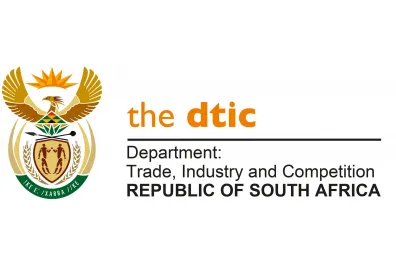Khoebo Innovation Promotion Programme

Khoebo Innovation Promotion Programme (KIPP) offers capital and business support to SMME’s during the early stages of commercialization with particular emphasis on Township and Rural Entrepreneurs.
The KIPP consists of the following funding schemes, namely;
- SME Growth Scheme (SMEGS) provides funding for locally developed early-stage SMEs that are offering innovative products, processes and technologies which have the potential of having a significant developmental impact on the South African economy.
- Grassroots Innovator Facilitation Scheme (GIFS), which offers both financial and non-financial support to stimulate the economic activity of GI’s particularly in rural and township communities.
Click here to submit a comprehensive plan.
Industry
Agriculture, forestry and fishing
Mining and quarrying
Manufacturing
Electricity, gas, steam and air conditioning supply
Water supply; sewerage, waste management and remediation activities
Construction
Wholesale and retail trade; repair of motor vehicles and motorcycles
Transportation and storage
Accommodation and food service activities
Information and communication
Financial and insurance activities
Real estate activities
Professional, scientific and technical activities
Administrative and support service activities
Public administration and defence; compulsory social security
Education
Human health and social work activities
Arts, entertainment and recreation
Website link
Brochures and other documents
idc-kipp-brochure1.pdf1.05 MB

